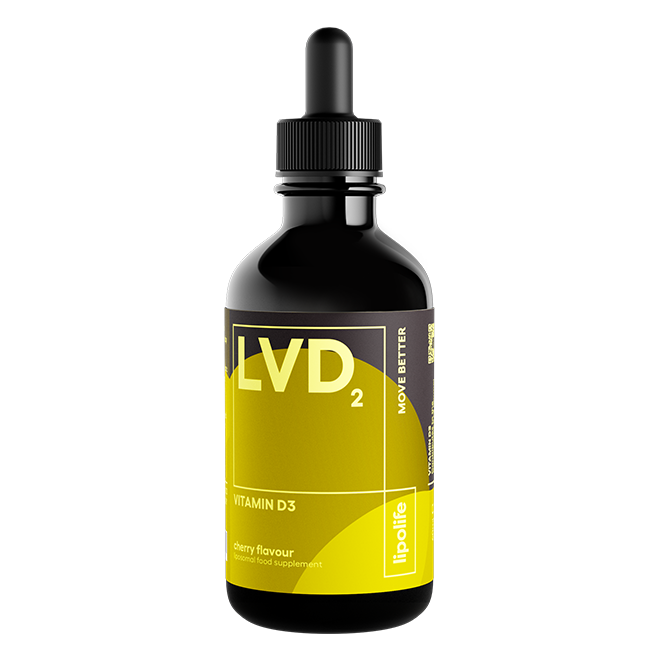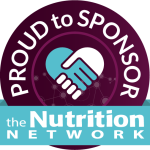Vitamin D3

DID YOU KNOW
We get vitamin D3 from the sun. We need it to make calcium in the body, which helps strengthen your bones.
Supports Bone Health
Reduces Inflammation
Strengthens Heart
Past thirty five, we lose bone mass every day of our lives.
National Osteoporosis Society.

Your body also needs vitamin D for other important functions.
Vitamin D roles in the body include reduction of inflammation as well as modulation of such processes as cell growth, neuromuscular and immune function and glucose metabolism. Muscle weakness may be another side effect of low vitamin D levels, especially in the elderly and a recent survey concluded that a vitamin D deficiency is also linked to heart disease.


Excellent product and taste great. So easy to take as a liquid. Been using it long term as this is a very important vitamin to take daily for over-all health. I use high-dostage especially on onset of a cold so it never develops into flu.
Mrs Richards, Verified Amazon Customer


